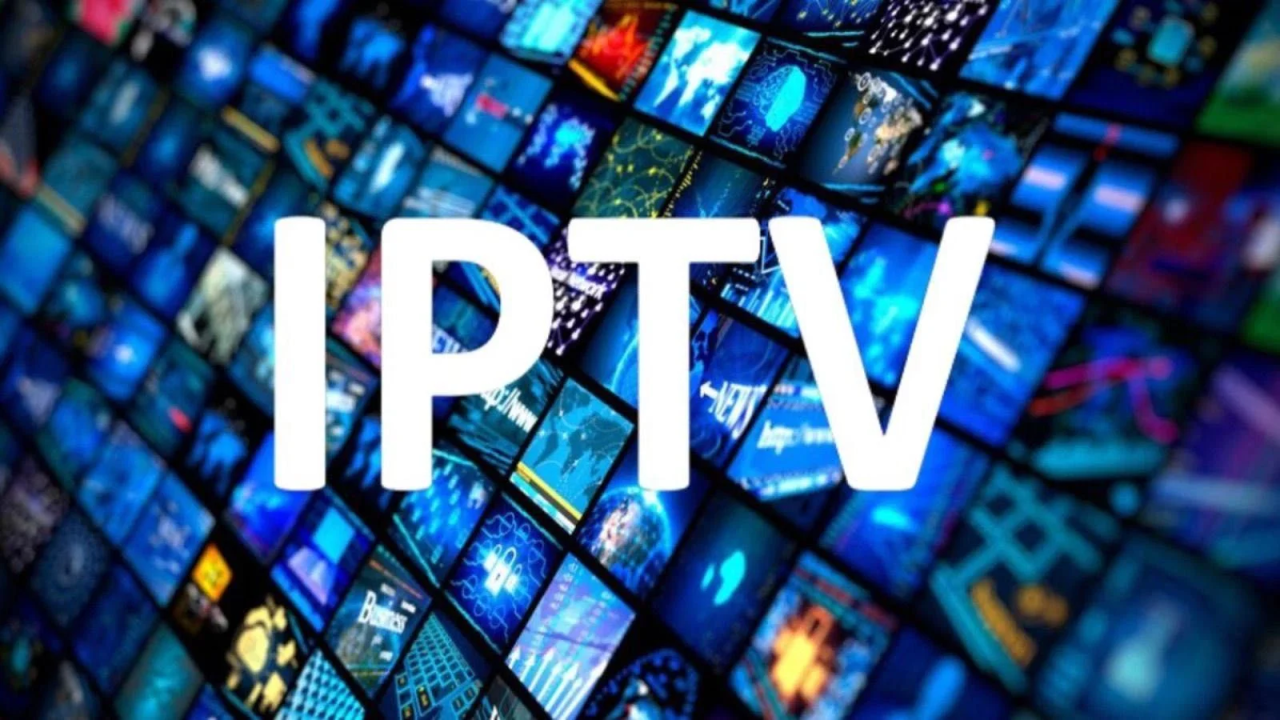In recent years, IPTV (Internet Protocol Television) has taken the world of television by storm, offering viewers an alternative to traditional satellite and cable services. In France, IPTV has rapidly gained popularity, providing access to a wide range of channels, content, and flexibility, all through an internet connection. This shift to iptv france represents a significant change in how French viewers access and consume television.
What is IPTV?
IPTV stands for Internet Protocol Television. Unlike traditional television services that use satellite signals or cable to deliver content, IPTV uses an internet connection to stream television programming. The content is delivered via a broadband connection, allowing viewers to watch live TV, on-demand shows, and even archived content, all on various devices, including smart TVs, smartphones, tablets, and computers.
In France, IPTV has become an attractive option due to its flexibility and the growing number of services offering French and international content.
The Rise of IPTV in France
The French market has seen a sharp rise in IPTV subscriptions over the last decade. The primary reasons for this boom include the growing availability of high-speed internet connections, the desire for more affordable television packages, and the shift in consumer behavior toward on-demand content.
-
Affordable Alternatives: Traditional TV subscriptions through satellite or cable often come with hefty monthly fees. IPTV services, on the other hand, provide a range of packages, including cheaper options, which are often more affordable for households. This price point has been a major factor in the increasing popularity of IPTV in France.
-
On-Demand Content: One of the major advantages of IPTV is the ability to watch content on-demand. Viewers no longer have to schedule their lives around TV broadcasts or rely on limited content available through cable. With IPTV services, French audiences can choose when and what to watch, making it a convenient solution for those with busy lifestyles.
-
Access to International Channels: IPTV allows French viewers to access a wide range of international content, something that traditional cable and satellite TV often limit. IPTV France services can include content from countries like the UK, the US, and the rest of Europe, giving viewers more diversity in their programming. This has been particularly attractive to expats and multicultural communities in France.
-
Integration with Modern Technology: IPTV services are well-integrated with various smart devices, from smart TVs to mobile phones and tablets. This cross-device compatibility makes it easier for users to watch content on their preferred screens, whether at home or on the go.
Popular IPTV Services in France
Several IPTV providers cater to the French market, offering different packages and types of content. Some of the most popular IPTV services in France include:
-
Orange TV: Orange, one of France’s major telecommunications providers, offers IPTV as part of its internet and mobile services. Orange TV offers a range of French and international channels, on-demand content, and even access to movies and TV shows in various languages. It is especially popular for its high-quality streaming and wide availability.
-
SFR TV: SFR is another telecommunications giant in France that provides IPTV services through its internet bundles. SFR TV offers a rich catalog of French and international channels, with the added benefit of having many of the country’s major sporting events, news, and entertainment programs.
-
Bouygues Telecom: Bouygues Telecom provides IPTV through its Bbox offer. It gives users access to hundreds of live TV channels, as well as an extensive catalog of movies and shows. Bouygues also offers features like video-on-demand and the ability to record programs, allowing viewers to watch them at their convenience.
-
Freebox TV: Known for its budget-friendly plans, Freebox TV from Free offers one of the most popular IPTV services in France. It provides a range of local and international channels and is often considered a great option for families due to its vast array of children’s programming and family-friendly content.
-
Molotov TV: Unlike traditional telecom companies, Molotov is an independent IPTV service that focuses on delivering a user-friendly streaming platform for French content. It offers a mix of free and paid channels and allows users to access live TV, on-demand content, and even catch up on missed shows. Molotov’s flexible and intuitive interface has made it a favorite among tech-savvy French viewers.
Legal Considerations in IPTV France
While IPTV offers great convenience and access to a wealth of content, it is essential to be aware of legal concerns when using IPTV services in France. Official services such as Orange TV, SFR, and Bouygues Telecom operate legally within the framework of French laws. However, there are some IPTV providers who may offer illicit streams of copyrighted content without the proper authorization.
To avoid potential legal issues, it is crucial to choose a reputable and licensed IPTV provider. Using unauthorized IPTV services could expose users to penalties, including fines or loss of internet access.
Future of IPTV in France
As the demand for flexible and cost-effective television options continues to rise, the future of IPTV in France looks bright. Technological advances such as 5G networks and improved internet speeds will further enhance the IPTV viewing experience, providing users with even higher quality content and smoother streaming.
Moreover, the growth of video-on-demand platforms like Netflix, Amazon Prime Video, and Disney+ has influenced the direction of IPTV services, with many IPTV providers now bundling these services into their offerings. This provides French viewers with a seamless experience where they can access both live television and on-demand content on the same platform.
The future of IPTV in France is also tied to the evolution of smart TVs and integration with emerging technologies like virtual reality (VR) and augmented reality (AR), which could radically alter the way content is consumed.
